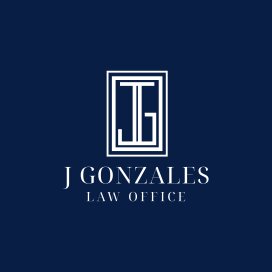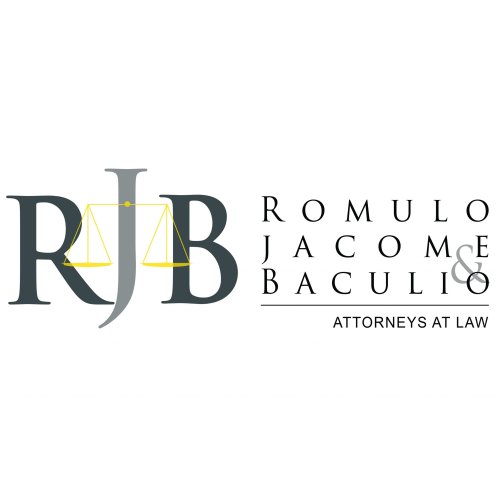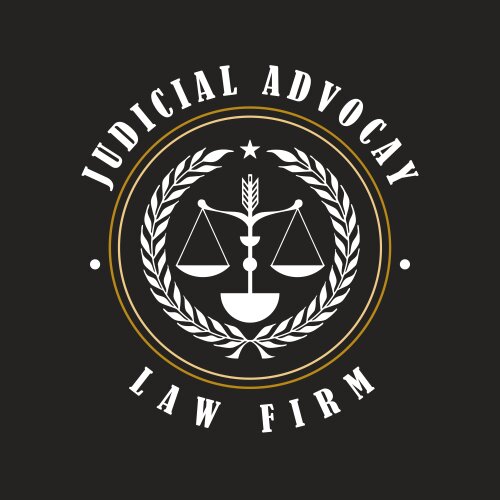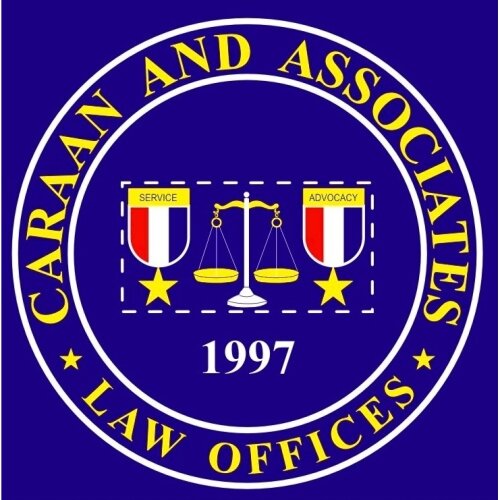Best Landlord & Tenant Lawyers in Manila
Share your needs with us, get contacted by law firms.
Free. Takes 2 min.
Free Guide to Hiring a Real Estate Lawyer
List of the best lawyers in Manila, Philippines
Philippines Landlord & Tenant Legal Questions answered by Lawyers
Browse our 1 legal question about Landlord & Tenant in Philippines and read the lawyer answers, or ask your own questions for free.
- Can a lessor terminate our contract of lease because he changed his mind?
- We have a contract of lease until 2035. Now, the lessor wants to terminate the contract because he has changed his mind. The reason why we have agreed on this contract is that the lessor owed money to us, the lessee. Since he cannot pay, we agreed that in exchange,... Read more →
-
Lawyer answer by KSN Bangkok Co., Ltd.
Under Thai law, a lease agreement is generally binding until its agreed expiration date, unless terminated by mutual consent or due to a breach of contract. If the lease specifies a fixed term (e.g., until 2035) and there is no...
Read full answer
About Landlord & Tenant Law in Manila, Philippines
The Landlord and Tenant Law in Manila, Philippines governs the legal relationship between landlords and tenants. It covers various aspects such as the rights and responsibilities of both parties, rent payments, evictions, and dispute resolution. It is essential for landlords and tenants to understand these laws to ensure a fair and smooth rental experience.
Why You May Need a Lawyer
While many landlord and tenant relationships can be resolved without legal intervention, there are situations where seeking legal help becomes necessary. Common scenarios where you may need a lawyer include:
- Disputes over lease agreements or contract terms
- Unfair eviction or improper lease termination
- Failure to return security deposits
- Rental property in poor condition or safety violations
- Tenants refusing to pay rent
- Discrimination or harassment by the landlord
A knowledgeable lawyer can provide guidance, protect your rights, and ensure a fair resolution to your landlord and tenant issues.
Local Laws Overview
In Manila, Philippines, here are some key aspects of the landlord and tenant laws:
- Security Deposits: Landlords can collect a security deposit from tenants, typically equivalent to one month's rent. It should be returned within 15 days after the termination of the lease, minus any deductions for unpaid rent or damages.
- Rent Control: Depending on the type of rental property, rent control laws may apply. These laws limit the amount landlords can increase rent annually. Rent control generally applies to low-income housing or government-regulated units.
- Repairs and Maintenance: Landlords are responsible for maintaining the rental property in habitable condition. Tenants have the right to request repairs, and if the landlord fails to address them, the tenant may have legal recourse such as rent reduction or lease termination.
Frequently Asked Questions
1. Can my landlord increase the rent anytime?
Landlords can only increase rent once a year, and they must provide written notice at least 30 days in advance.
2. How long does the eviction process take?
The eviction process can vary, but it usually takes several months. The timeframe depends on various factors such as the reason for eviction and court availability.
3. Can a landlord enter my rented property without permission?
No, landlords must provide reasonable notice before entering the property, except in emergencies.
4. What can I do if my landlord refuses to make necessary repairs?
You can notify your landlord in writing and give them a reasonable time to make the repairs. If they still fail to address the issues, you may be able to withhold rent or terminate the lease, but it is advisable to consult with a lawyer first.
5. Can the landlord withhold my security deposit?
The landlord can withhold the security deposit or deduct certain amounts for unpaid rent or damages beyond normal wear and tear. The remainder should be returned within 15 days after the lease termination.
Additional Resources
- Manila City Hall: The local government's official website can provide information on relevant regulations and resources for landlords and tenants.
- Housing and Land Use Regulatory Board (HLURB): This government agency oversees the regulation and licensing of real estate and can assist with disputes.
- Legal Aid Organizations: There are various legal aid organizations in Manila that offer free or low-cost legal assistance. Examples include the Public Attorney's Office (PAO) and the Free Legal Assistance Group (FLAG).
Next Steps
If you require legal assistance with a landlord and tenant matter in Manila, Philippines, follow these steps:
1. Gather all relevant documents, such as lease agreements, correspondence, and evidence of any issues or disputes.
2. Research and select an experienced lawyer specializing in landlord and tenant law.
3. Schedule a consultation with the lawyer to discuss your situation and receive legal advice.
4. Provide the lawyer with all necessary information and cooperate fully throughout the legal process.
5. Follow your lawyer's guidance and recommendations to resolve the issue effectively and protect your rights.
Lawzana helps you find the best lawyers and law firms in Manila through a curated and pre-screened list of qualified legal professionals. Our platform offers rankings and detailed profiles of attorneys and law firms, allowing you to compare based on practice areas, including Landlord & Tenant, experience, and client feedback.
Each profile includes a description of the firm's areas of practice, client reviews, team members and partners, year of establishment, spoken languages, office locations, contact information, social media presence, and any published articles or resources. Most firms on our platform speak English and are experienced in both local and international legal matters.
Get a quote from top-rated law firms in Manila, Philippines — quickly, securely, and without unnecessary hassle.
Disclaimer:
The information provided on this page is for general informational purposes only and does not constitute legal advice. While we strive to ensure the accuracy and relevance of the content, legal information may change over time, and interpretations of the law can vary. You should always consult with a qualified legal professional for advice specific to your situation.
We disclaim all liability for actions taken or not taken based on the content of this page. If you believe any information is incorrect or outdated, please contact us, and we will review and update it where appropriate.
















